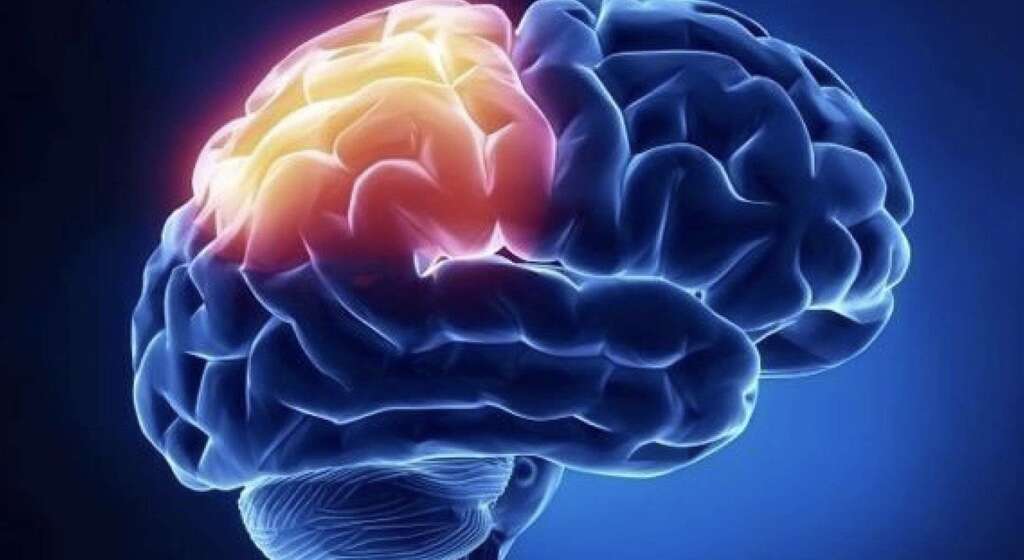10 Causes of Stuttering
Being able to speak is something that we learn from a very young age. Humans have a language that is far more complex than any other animal we know of, with linguistic abilities that allow us to make a wide range of sounds. For some people, though, this is not something that comes so easily.
Stuttering, also known as stammering, affects millions of people all over the world. It can make it difficult for them to communicate and can also lead to problems with self-esteem. It might even hold them back in their personal and professional lives.
Research is being done into the causes of stuttering, and various potential causes have been identified.

Cause #1: Developmental
Our speech is very complex and, as such, something that takes a long time to learn. Babies will begin to try to repeat words from a very young age but it will still be years before they are able to speak fluently. This learning process includes being able to move the mouth and other parts in specific ways to make the right sounds.
Developmental stuttering is perhaps the most common type of stuttering. It happens when a child is still learning to speak and still developing the necessary skills. This form of stuttering will usually pass once the child has developed the necessary skills.

Cause #2: Family History
When a mother’s eggs are fertilized by the sperm, the sperm shares its DNA with the egg. This, combined with the mother’s DNA, provides the blueprint to how we will develop and grow. It is the blueprint to how we will grow physically, and also determines a great deal about who we are mentally.
This DNA also contains information that is not so beneficial, such as the phenomena of stuttering. In many people, it has been passed down to them genetically by at least one of their parents. If you know somebody that has a stutter, there’s a good chance that one of their parents also stutters.

Cause #3: Neurophysiology
The brain is, by far, the most complex structure that we know of in the universe. We have only just scratched the surface of understanding how it works and even our most advanced computers cannot come close in terms of computing power. As is usual for things that are complex, though, there is a lot that can go wrong.
If there is something not quite right in the brain and/or other parts of the central nervous system then our speech can suffer. This can lead to a stutter, but getting to the exact cause can be all but impossible. There is a great deal more research to be done before we get close to having answers.

Cause #4: Nervousness
Many people will be able to tell you about a sudden inability to think or speak when faced with somebody they are attracted to. We will often become a bag of nerves and find it difficult to form a complete, coherent sentence. We might also begin to stutter, even when we are usually able to speak freely.
Of course, there are many other scenarios where we can become nervous, causing stuttering. One way to overcome this is to expose yourself to such scenarios so that you become used to them. This type of stuttering tends to afflict younger people more so than older people.

Cause #5: Thinking
Speech usually comes freely to us, with little to no effort needed for the words to come out of our mouths. When we know what we want to say, the words usually come fluently and freely, but this is not always the case. Sometimes, especially on advanced topics, the words might not always come to us as freely as we would like.
We will sometimes need to think about which words we need to use. This can lead to pauses in speech and people will handle this in different ways. Some might think quietly, others might “uhm” and “ah,” while others will get stuck on certain words, causing them to stutter like a stuck record. We will usually return to full fluency once we’ve found the word we’re looking for.

Cause #6: Alcohol
Many of us like a drink to help us wind down from time to time. It can be a lot of fun and, provided it is used in moderation, it can also be quite harmless. Despite often making us feel full of energy, alcohol is actually a depressant. It actually slows down our nervous system and brain, which is one reason why we can make some unusual decisions when using the drug.
This also means that our coordination will begin to suffer and we begin to lose our control over other parts of the body. This will, in turn, affect our ability to speak. When drunk, we will often have slurred speech, and we can also develop a stutter.

Cause #7: Emotional Trauma
Events that happen in our lives will often stay with us for as long as we live. Depending on the impact they had on us, events will stay firm in our memory and we will even go back to them from time to time when necessary. Sometimes, though, we will wish that these events would go away completely.
Some people will go through experiences that are so harrowing that they can be etched onto their minds forever. These experiences might even sometimes be placed into the subconscious, but still, they can have an effect on who we are. Harrowing experiences are also thought to be the cause of stuttering in many cases.

Cause #8: Stroke
The blood needs a constant supply of blood to keep it working as well as it should do. If this blood supply is stopped for some reason then the consequences can be severe. When the flow of blood to the brain is stopped, it results in a condition known as a stroke.
The effects of a stroke can range from being mild, to very severe. Patients that have just suffered a stroke can show various symptoms such as appearing drowsy, confused, and perhaps also a stutter that they would not normally have. Spotting the symptoms of a stroke can be key in getting the patient the help they need as soon as possible.

Cause #9: Brain Injury
The brain is a highly impressive organ. In humans, it has allowed us to learn so much about the world around us, and even allows us to learn about the universe’s deepest secrets. As impressive as it is, though, it is also quite delicate and prone to injury.
Although fully encased in a hard-protective skull, our brains can still become damaged. Not only can they become damaged by physical trauma, but they can also become damaged by various illnesses such as certain infections. This can lead to a range of symptoms, including stuttering. Brain damage is not usually reversible, and the impact it can have on peoples’ lives can vary considerably.

Cause #10: Illnesses
There are countless different illnesses that can afflict us, and the effects they can have on us are even wider in scope. No part of our body is immune to illnesses and while their effects are usually temporary, they can also be permanent. Unfortunately, the brain is also susceptible to various diseases.
Diseases of the brain, such as Parkinson’s, are more likely to afflict people as they get older. They can lead to a range of symptoms, one of which is stuttering. Such diseases can be devastating to whole families, and a lot of research is being undertaken to learn more about them.











